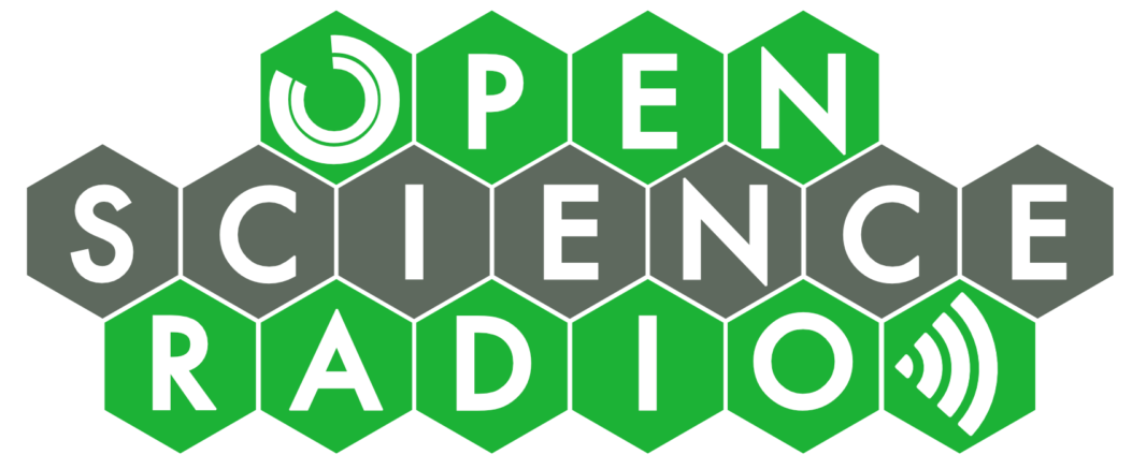This episode was recorded at the Barcamp Open Science 2020 in Berlin but is not a summary of a session. Instead you can look forward to a deeper discussion with Marie Farge in which she presents her vision of the scholarly publishing system. In the suggested szenario, journals are owned by their editorial boards and are running on publicly funded infrastructure (classic platinum Open Access) which ensure proper peer-review by the community of a field. She also elaborates the important role of commercial publisher which should run multidisciplinary journals for the popularisation of science and the translation of new findings to a broader public.
Many of the ideas discussed are described in the chapter Marie contributed to the European Commission’s publication Europe’s Future: Open Science, Open Innovation, and Open to the World (edited by Carlos Moedas). A PDF-version of her chapter is publically available.
This is another episode from our coverage of the Barcamp Open Science. In this episode Konrad talked with Marie Farge about her session on the publishing model of Diamond Open Access and the Open Access tool Dissemin.
This is another episode from our coverage of the Barcamp Open Science. In this episode Konrad talked with Simon Worthington (GenR) and Bartosz Radomski (ScienceOpen) about their session on the role of preprints and open peer review systems (and their logical coupling).
Zur Abwechslung haben wir uns mal wieder zu einer „klassischen“ News-Episode zusammengefunden und diskutieren ein paar grundlegende Nachrichten (News kann man meist schon nicht mehr wirklich sagen). Es geht, wie so oft in letzter Zeit, um Verhandlungen mit und die Rolle von klassischen Verlagshäusern, das (politische) Bekenntnis zu Open Access und Open Science sowie um allerlei infrastrukturbezogene Themen.
We met Hadas Shema who moderated a session at #oscibar about Open Peer Review and kindly agreed to share her impressions and motivations.
According to dictionaries „101“ refers to introductory lessons or beginners overview or tutorials. Over the course of this podcast we already have taken this approach a couple of time (e.g. on Open Access). But as technology and processes develop, might be useful to do this again from time to time. This time we want to take a brief look at the whole research cycle and try to provide a bit of information about a few general entry points for doing research more openly. This 101 is by far not exhaustive and makes no claim to be complete, but our aim was to show you some starting points from where you could dive deeper into the matter if you like. Have fun!






